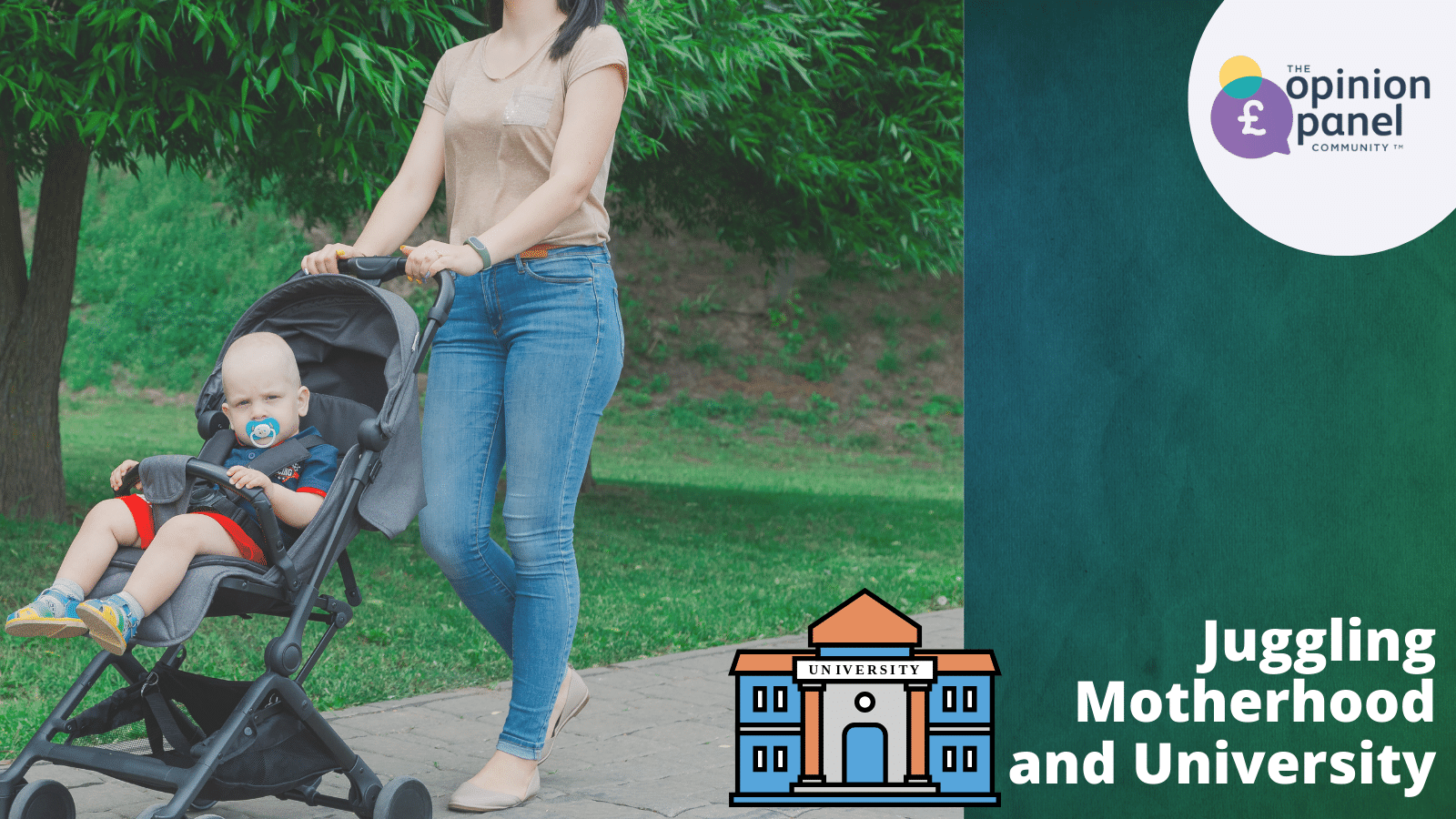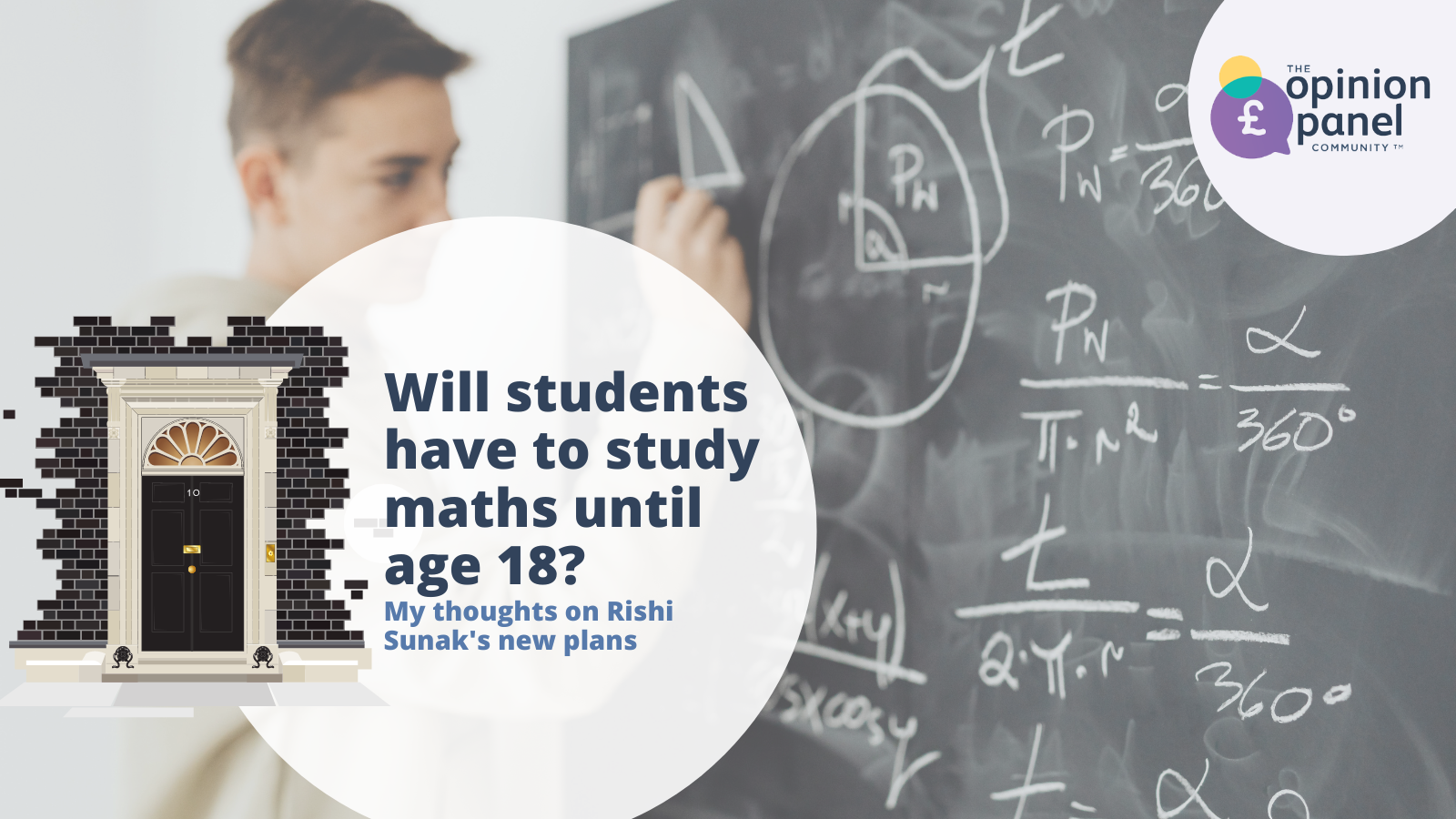
Albert Einstein famously said, ‘Creativity is intelligence having fun’. However, despite being supported by one of the most influential scientists of all time, this idea has yet to resonate with the UK school system.
Since I began studying for my GCSEs over a year ago, something became painfully clear to me: the majority of exams I will be taking this Summer (all key stepping stones towards my future career) are tests of memory rather than intelligence and creative thinking. The learning style is forced and rigid, composed entirely of memorisation ad tedium: repeating quote after quote and revising case study after case study.
But what for? To deepen my knowledge and enthusiasm for a subject? Or to meet grade descriptors and mark schemes; to ultimately become another statistic in the education system?
Do GCSEs limit students’ creativity? #GCSEs2019 #exams #school
— OpinionPanel (@OpinionPanelC) March 1, 2019
This sort of automated learning is a severe threat to the academically gifted. Students with promising abilities in the sciences or humanities are not nurtured to expand their knowledge and enjoyment; they are pressured into grade targets that the school can use to tick boxes. This is particularly concerning in a world where the need simultaneously creative and academic thinkers to help tackle environmental, economic and social issues. The current system of GCSEs is not a way to help develop the brilliant minds of the future.
Of course, I am not opposed to exams or text book work. Exams can be good measures of student development, and theoretical learning is the basis for any subject. Regardless, there becomes a point when the syllabus becomes too exam-focused. Take the current English Literature GCSE, which asks students to memorise quotes from a range of sources. Many excel in classroom open-book discussions and essays but are let down when exam time comes. In any case asking for repetitive learning, the enthusiasm for the subject is often lost. Surely literary exams should be marked on intelligent discussion of the text in question?
Also prominent is the issue of connecting with students. In the English Literature specification, 3 works are studied. In my case Romeo & Juliet, Great Expectations and Lord of The Flies form the short-sighted range of texts undergoing analysis. While it’s important to have an appreciation for literature throughout history, a lack of truly modern novels leaves students unaware of the beautiful literature of today, discussing topics relevant to their own lives. A mixture of old and new texts is needed to engage students, which the current system has not even attempted to do.
What upsets me the most about the GCSE system is how it is distancing students from subjects. It’s disheartening to hear how the pressure of English exams are causing creative writing and appreciation of literature to become a chore, or how the natural world (which is in need of help from brilliant minds more than ever) is being condensed into biology textbooks, removed from what students can find around them.
If we want to prepare students for academic success, we need to teach them creative thinking and practical application as well as theoretical knowledge. For example, allowing students to plan their own scientific experiments and then teaching them to write follow-up reports would be a far more engaging method of teaching science.
If we want the system to change, there needs to be a better connection between student voices, teacher observations and political figures. Those making the decisions seem disconnected from modern students, and it is only by making our voices heard that we can make things change.









Speaking from experience GCSEs is a good measure of knowledge and brain development and is important for children to go through that period of time. However due to taking away the course work part off most exam it has limited people who are more creative or practical form getting the grades they need to excel further into fields of work they want to work in and now find it harder to think about their next steps.
I think so to, I get fed up with schools or higher up education figures not listening to young minds who will end up running their world to have the best education for themselves so they can be the best version of themselves and being able to cope with their own mental health at the same time. They also need more young people mental health groups in lower education like Secondary schools so people that need access to that help can go to someone they know.